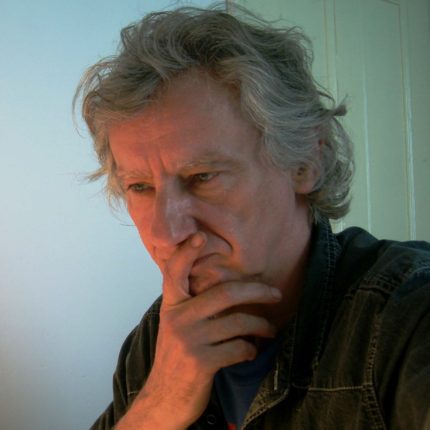Sabbatical Officers have been around for some time. They came about mainly through the changes wrought by the protests of the late 1960’s and the Commission set up by Harold Wilson to look at students participation in governance (this could only apply to the local authority sector, the Polytechnics, by statutory instrument and could not apply to universities as they were all in the purview of royal charter).
And it was some time ago that students unions argued that the ratio of sabbaticals to students should be 1 to 1,000 when they argued for their fourth or fifth sabbatical officer. It was a time when students unions were not “professionalised”. There were few full time welfare advisors, no SU quality models and little staff support. This was a time when more than 5,000 students meant a large university.
So things have changed, in students unions and in HE generally. A mass HE system, SU’s as professional or professionalising organisations, full tuition fees, and lately the claim (by a conservative minister of HE no less) to put students at the centre of the sector. The last 30 years have changed the landscape except for sabbatical officers, at least at the margins and it may be time to rethink their roles and how we support them. That is to think how they can be more effective and have a more rewarding experience.
Overload
What reasonable expectations should we have for sabbatical officers? Would we treat employees in the same way as sabbaticals? We wouldn’t allow employees to be treated the same way sabbaticals are. But sabbaticals are employees as well as trustees, directors and elected officers and our expectations of staff are restrained or within the boundaries of induction plans, objectives set, probation and by managing them. Managing sabbaticals? Is that a truth that dares not speak its name or is it a legal impossibility?
A challenge sabbatical officers have in “putting students at the centre” is the constraints of the university perception of putting students at the centre. This may be a large cultural clash between the notion of societal belonging and citizenship against the neo-liberal model of individual students’ interests. To put this another way: there is a potential conflict of interests and perceptions or an exciting joint project between a students union and university; either a day to day struggle of speaking truth to power or a social, cultural and intellectual development in partnership. Both options need student leadership and there will be extraordinary student leaders in the future to face both those forms of challenges.
Does the normal format of sabbatical officers meet the needs of the membership, the students’ union’s challenges and the universities? As with many parts of the HE sector, there is an uneven development. This is seen in size, demographics, funding levels, the fate of geography and history of the university and the students union.
Expectations
Our expectations of sabbatical officers are often misplaced or uninformed. I suggested above that were we to apply the employee conditions to sabbaticals then our expectations would be unreasonable. And without the sensitive controls employees have, the expectations we might have for sabbaticals could seem to be cruel or insensitive as well as unrealistic. This outlook could certainly be applied to some senior (and not so senior) management of universities approach to sabbatical officers.
How do we help sabbatical officers (and perhaps the HEI senior management too)? There are 360 reviews, induction programmes and more, but is student leadership at all levels of the organisation under scrutiny here? We cannot treat sabbatical officers in isolation; they need the support and the challenges of the membership. And they made promises to the membership in their elections which they would very reasonably want to fulfil regardless of coming up against the reality that there are promises that cannot be met.
What and who might be the key players who make an impact for change? It may not be restricted to sabbatical officers. A course rep may have a long lasting and wide spread contribution to change for the members. An example of this was a course rep who found hidden within a report the variation of assessment to ethnicity and caused a major review of teaching and learning methods on a cross sector level (eventually OfS funded project). Although the lowly course rep went on to be a sabbatical of NUS, it was his early intervention that made an impact. The point is that there may be many student representatives making a difference day to day and sabbaticals have to ensure that this is knitted together as a strategic representation.
Separating the functions
So the proposition here is – should sabbatical officers continue a tradition of representing the operations and services of the students union or give voice, amplify and join together the issues of students. That is, the membership and not the organisation. The organisation will need its own pastoral care and that is the function of the trustees, but the sabbaticals will have an input to that as trustees anyway.
Would it be possible that sabbatical officers became much less rigid in their terms of reference, their roles less prescribed by governing documents and more determined by the other levels of student leadership and needs. This may be a fanciful but not impossible notion. The governance by elected officers is more than just the articles of association. This becomes less fanciful and more urgent if we look at the levels of engagement with democratic structures by 18 to 25 year olds. The engagement in general and local elections by this age group is at a critical level (and a mass HE system will simply reflect the wider social issues) and students unions have an important part to play in ensuring the health and well being of citizenship and a participative society. The role of sabbaticals becomes important and needs to be supported.


















